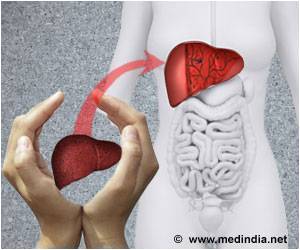
In this new work, published in the December issue of the Journal of Virology and highlighted in the journal Spotlight section, researchers examined the role a protein called programmed cell death receptor (PD-1) plays in the immune response to influenza virus. PD-1 is known to inhibit the function of T cells, the immune system's first line of defense against intracellular pathogens. While scientists have looked intently at PD-1 activity in chronic viral infections such as hepatitis and HIV, its involvement in acute infections was thought by many to be minor.
Emilio Flaño, PhD, principal investigator in the Center for Vaccines and Immunity, disagreed. Several small studies in his lab had raised the possibility that PD-1 and its associated ligand PDL-1 were actually very important to the immune response to acute infection.
The researchers' earlier studies had shown that when PD-1 protein was expressed, but its ligand PDL-1 was not, the protein couldn't bind to T cells to inhibit the immune response. So, for this study, the scientists treated mice infected with influenza virus with an antibody that blocks the activity of PDL-1. Viral levels began to drop within three days of treatment with the PDL-1 antibody, which was administered intranasally. At day five, the viral levels were undetectable.
"The PDL-1 blockade is not directly acting on the virus," Dr. Flaño says. "It is acting on the T cells, improving their function so that the immune system can fight the virus."
When they examined the PD-1/PDL-1 response to influenza virus infection in human cell cultures, the scientists discovered that the activity of the protein and its ligand mimicked what they had seen in their mouse models. The findings from this study, coupled with the human tissue observations in the lab, suggest that an aerosolized version of the antibody, administered intranasally, could help the body clear the influenza virus.
Advertisement
Scientists have eyed a PD-1/PDL-1 blockade as a way to treat hepatitis, HIV and other persistent viral infections, but their efforts have so far yielded mixed results in humans. Using the blockade to boost immune response against influenza is a simpler task because the infection is localized to the airways, Dr. Flaño hypothesizes. Dr. Flaño and colleagues were also interested in how epithelial cells in the airways—the main targets of the influenza virus—respond to the attack and how their reaction might influence the immune system over the course of an infection.
Advertisement
Source-Eurekalert















